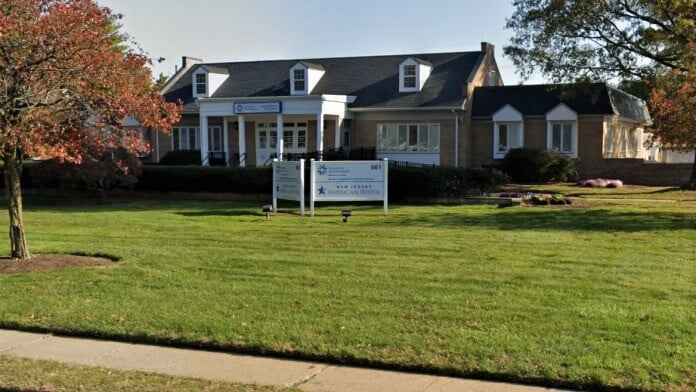About Booker Behavioral Health Center – Shrewsbury
Booker Behavioral Health Center, located in Shrewsbury, New Jersey, is a part of Riverview Medical Center and serves as a mental health treatment center for various needs such as addiction, behavioral disorders, and psychiatric conditions.
Booker Behavioral Health Center provides outpatient services for mental health and addiction.
Outpatient treatment programming is a more flexible approach to addiction treatment that is a step down from partial hospitalization programs. These services provide continued support for addiction recovery through individual therapy, group therapy, and educational classes on addiction and recovery. Medications may be managed, and for those in need, trauma support may also be offered. The goal is to continue to move toward a life of recovery and a suitable aftercare treatment plan that allows for reintegration back into society.
Mental health treatment focuses on helping individuals recover from mental illnesses like bipolar disorder, clinical depression, anxiety disorders, schizophrenia, and other challenging psychiatric conditions. Individual therapy, group therapy, and family therapy all serve as ways to deliver mental health support. These services can be administered while in an inpatient setting, within an outpatient setting, or at a clinical office.
Individual therapy creates the space to explore the psychological challenges associated with addiction. With the help of a professional, individuals are given the space and direction to talk about and process their emotions. Often this includes unresolved trauma, anger, depression, anxiety, and the need for more control or autonomy in life.
Group therapy involves treatment through the process of connecting in a group setting to discuss and work through mental, emotional, and physical issues. There are a number of different group therapy modalities, including support groups, experiential therapy, psychoeducation, and more.
Dual Diagnosis, often referred to as having co-occurring disorders, is when two or more mental health concerns present themselves simultaneously. It is very common for those who struggle with addiction to also have an underlying mental health concern such as anxiety, depression, or a diagnosable psychiatric disorder. Without proper treatment of the mental health issue at hand, getting and staying sober can be difficult. By treating both the substance use disorder and the mental health needs concurrently, a greater chance for long term sobriety is achieved.












